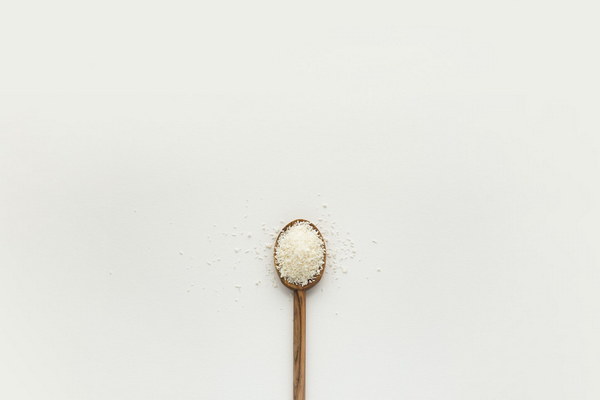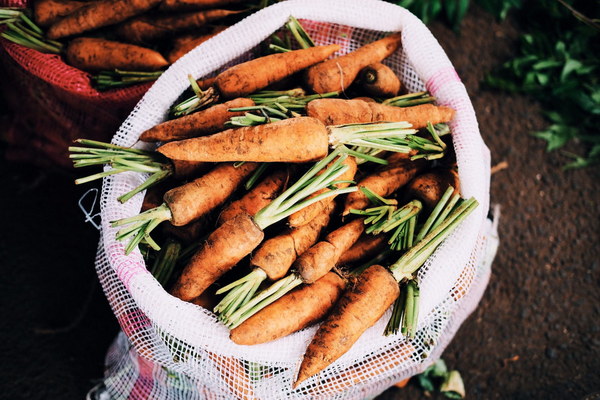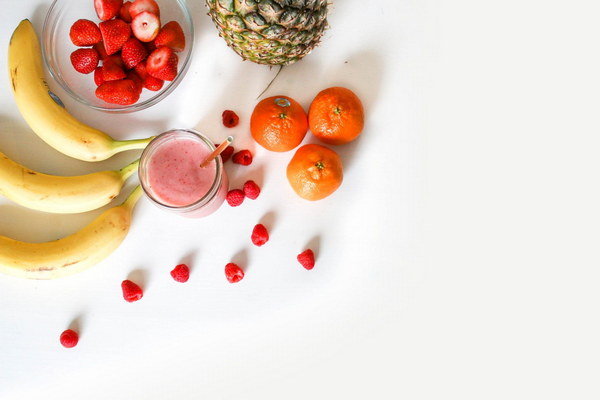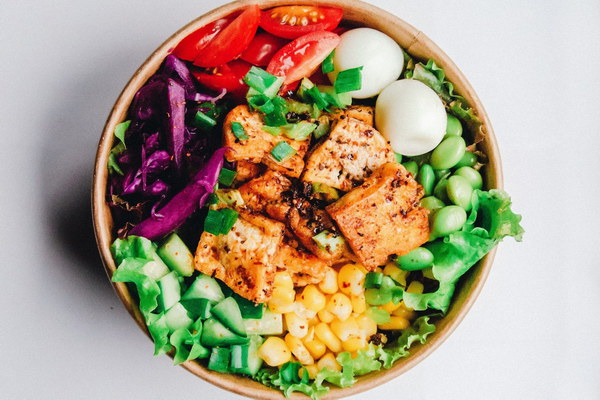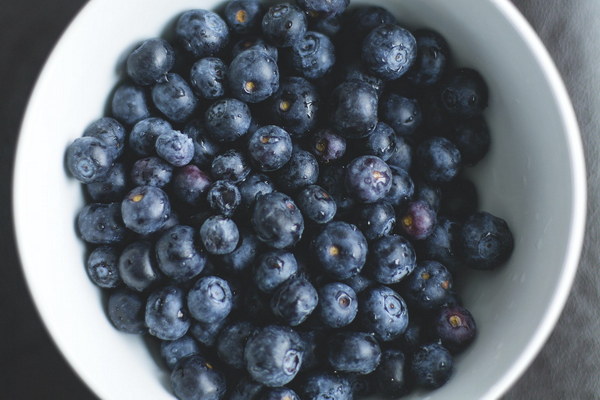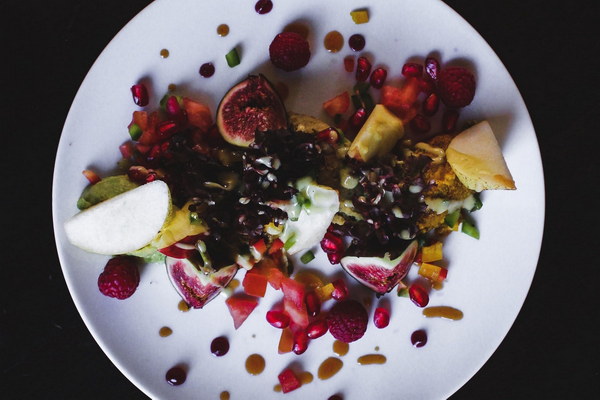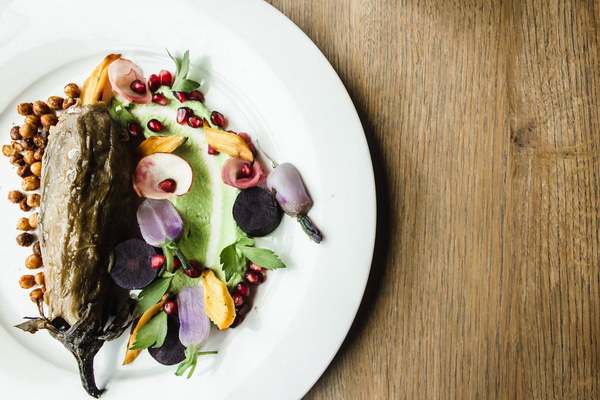Replenishing and Revitalizing Nourishing Yourself Post-COVID-19
In the wake of the COVID-19 pandemic, millions of individuals have experienced varying degrees of physical and mental stress. The body's immune system, particularly, has been under intense scrutiny as it battles the virus and helps in recovery. Post-COVID-19, it is crucial to focus on replenishing and revitalizing your body to ensure a swift and complete recovery. Here are some essential steps and tips to help you nourish yourself back to health.

1. Prioritize a Balanced Diet
A well-rounded diet is the cornerstone of recovery. Focus on incorporating a variety of nutrient-dense foods into your meals:
- Protein: Essential for tissue repair and immune function. Lean meats, fish, eggs, dairy, legumes, and plant-based proteins are great options.
- Fruits and Vegetables: High in vitamins, minerals, and antioxidants that support the immune system. Aim for a variety of colors to ensure a wide range of nutrients.
- Whole Grains: Rich in fiber and B vitamins, whole grains can help maintain digestive health and energy levels.
- Healthy Fats: Avocado, nuts, seeds, and olive oil are sources of healthy fats that aid in nutrient absorption and inflammation reduction.
2. Stay Hydrated
Water is vital for overall health and plays a crucial role in the recovery process. It helps transport nutrients, maintains fluid balance, and aids in the elimination of waste products. Aim to drink at least eight glasses of water daily, and more if you are engaging in physical activity or live in a warm climate.
3. Focus on Immune-Boosting Foods
Certain foods have been shown to specifically support the immune system:
- Citrus Fruits: Rich in vitamin C, which is known for its immune-boosting properties.
- Garlic: Contains allicin, which has been shown to have antibacterial and antiviral properties.
- Ginger: Anti-inflammatory properties can help reduce symptoms of nausea and inflammation.
- Green Tea: Contains antioxidants and L-theanine, which may improve sleep quality and cognitive function.
4. Manage Stress Levels
Stress can weaken the immune system, so it's essential to find ways to manage stress. Practices such as mindfulness meditation, yoga, or deep breathing exercises can help calm the mind and reduce stress levels.
5. Get Adequate Sleep
Sleep is crucial for immune function and overall recovery. Aim for 7-9 hours of quality sleep each night. Create a calming bedtime routine to help you wind down and fall asleep more easily.
6. Regular Exercise
Moderate exercise can boost your immune system and improve your overall health. Engage in activities such as walking, cycling, or swimming, which are gentle on the body but still provide the benefits of physical activity.
7. Consult with Healthcare Professionals
If you are experiencing persistent symptoms or have underlying health conditions, it is essential to consult with healthcare professionals. They can provide personalized advice and recommend supplements or treatments that may aid in your recovery.
8. Practice Self-Care
Lastly, don't underestimate the power of self-care. Engage in activities that bring you joy and relaxation, such as reading, gardening, or spending time with loved ones.
Recovery from COVID-19 is a gradual process, and it's important to be patient with yourself. By focusing on nourishing your body with the right foods, staying hydrated, managing stress, and getting adequate rest, you can help support your immune system and promote overall well-being. Remember, the journey to recovery is unique for each individual, so listen to your body and seek professional advice when needed.
